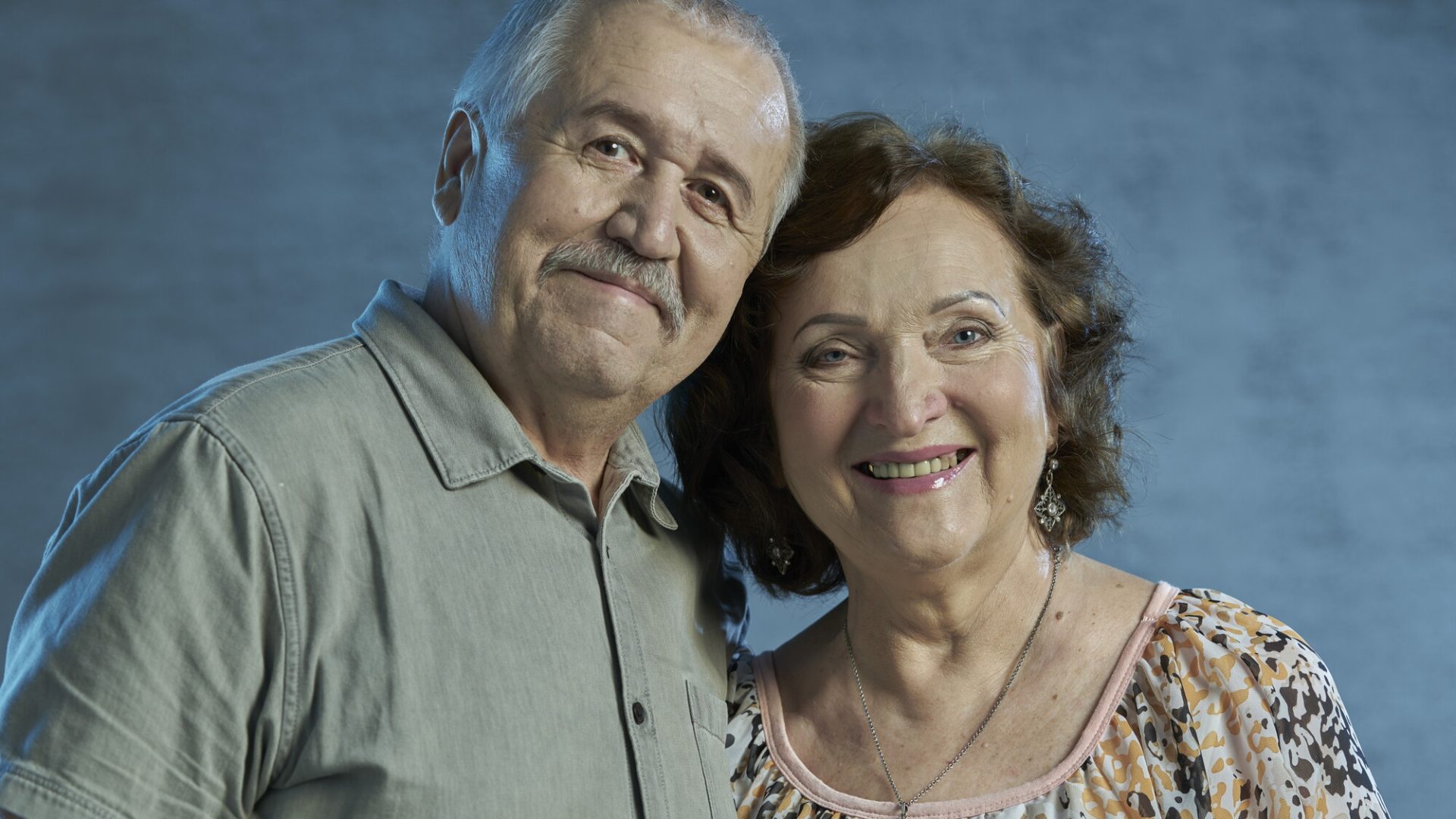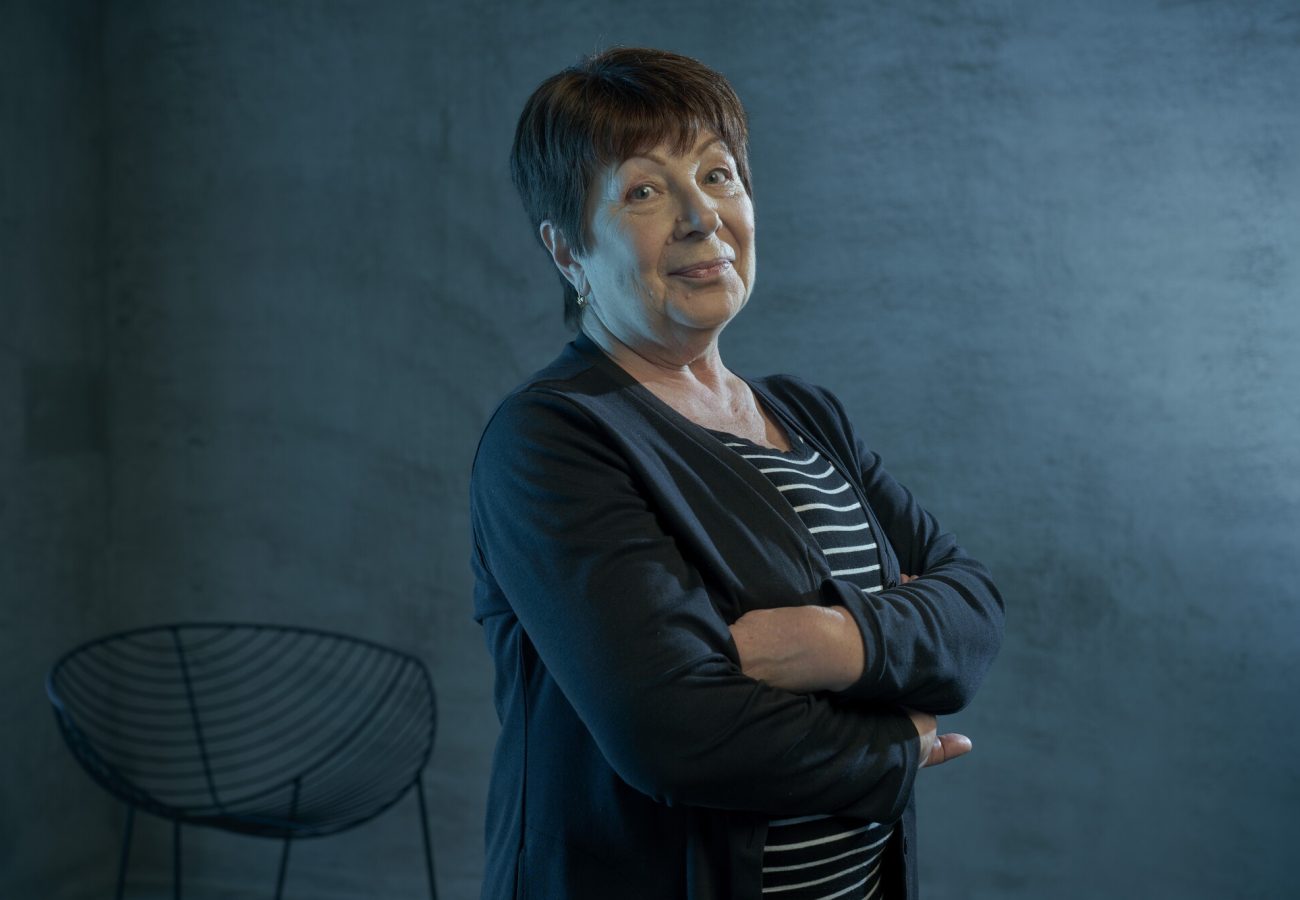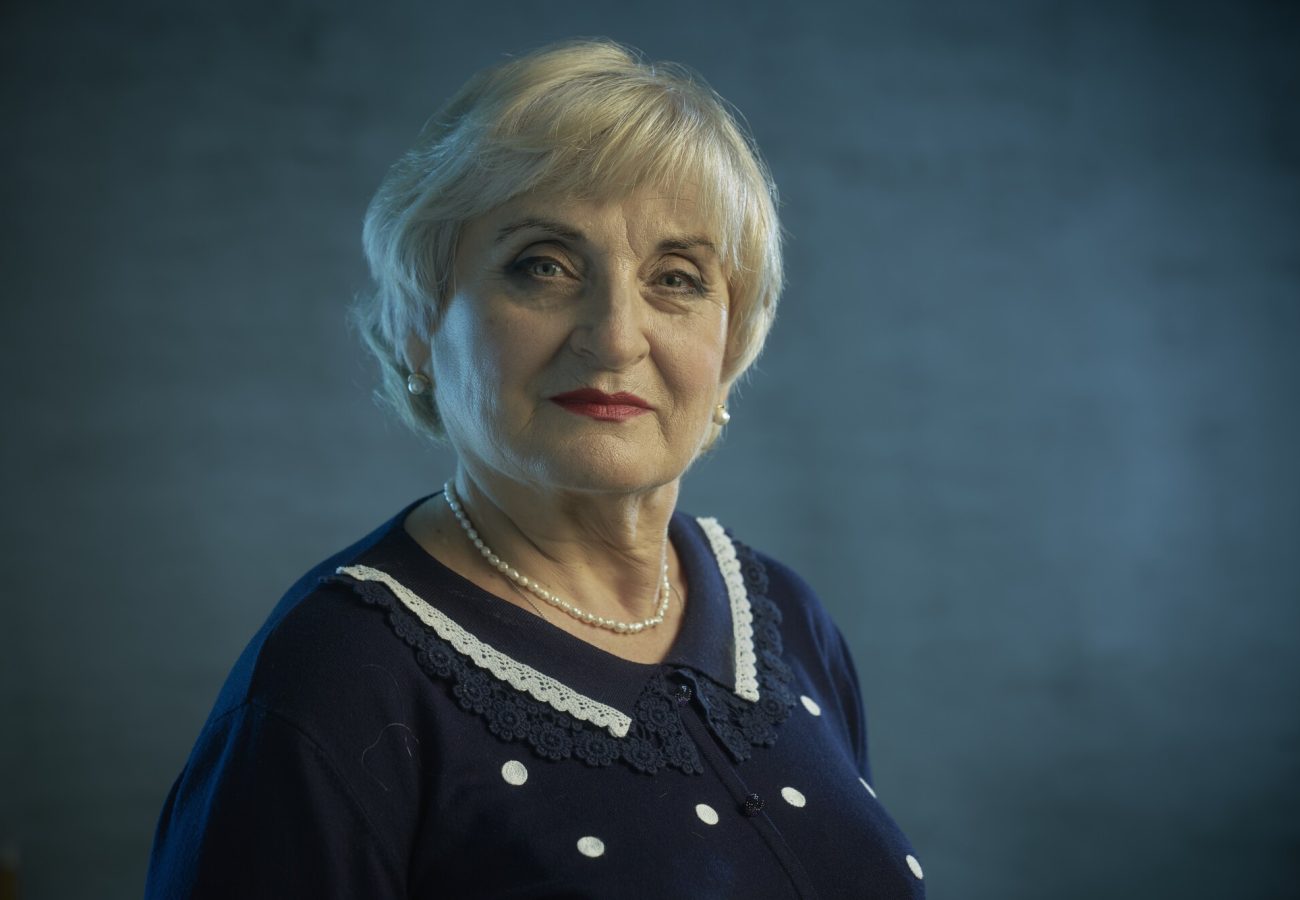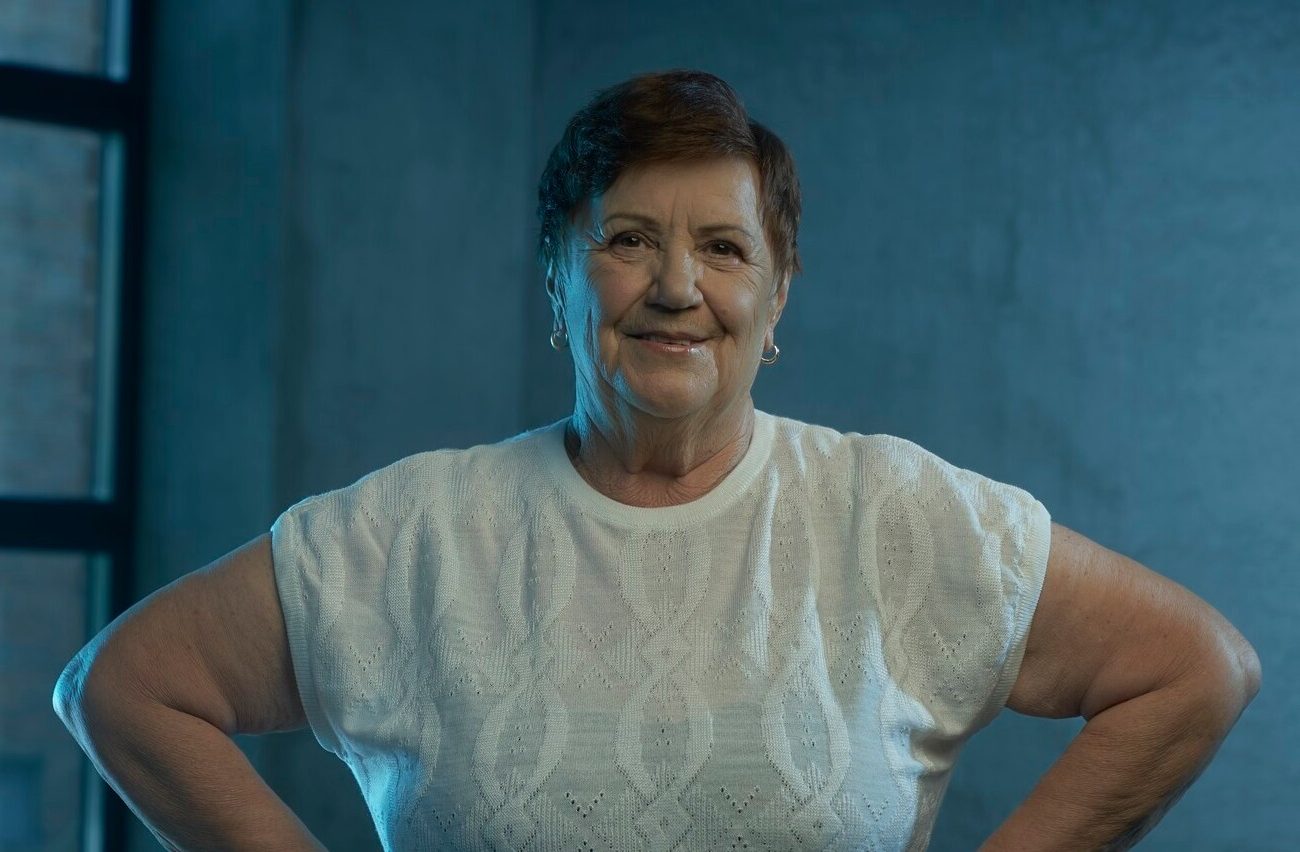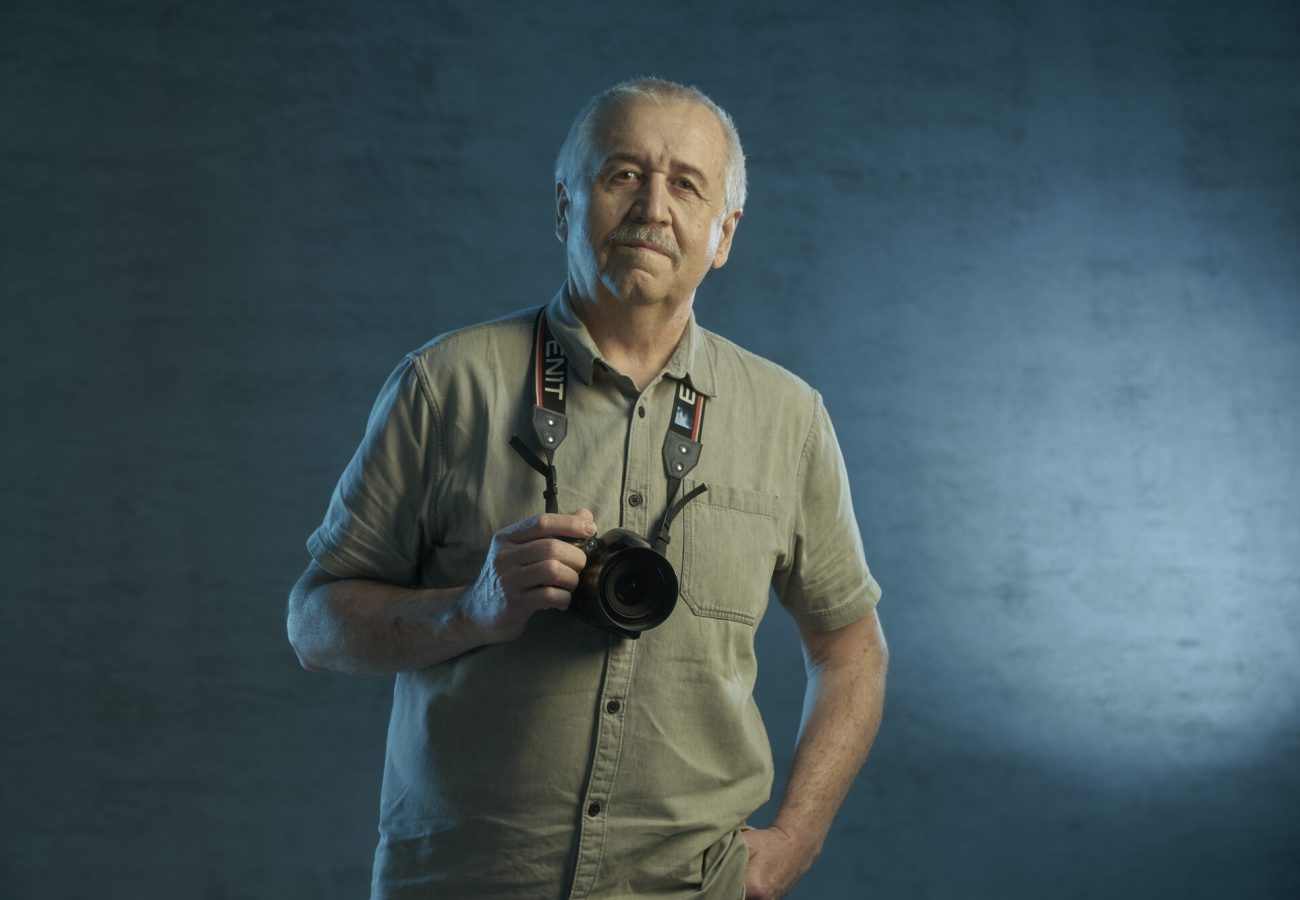The unfathomable implications of the full-scale invasion triggered shock and denial as many clung to the hope that it would all be over soon. With less opportunities than younger generations, the overwhelming majority of older people stayed in Ukraine, tethered to their homeland by roots, memories, and very real practical implications.
“Where would I go? To a foreign country with a foreign language!? The travel itself would be very difficult for me, almost unrealistic. Come what may, I’m staying home,” Liudmyla, 81, says, mirroring the sentiment of many in her generation who refuse to leave the country despite the dangers.
But how does one live through the war that lasts longer than their worst nightmares could have conjured up? How does one cope with days punctuated with air raid sirens and terrifying hum of drones flying overhead?
For 65-year-old Lyubov, the answer lies in solidarity and service. A volunteer since 2014, she has helped many displaced persons, even while in displacement herself. Last year, she decided there was still more she could do and returned to her native town that is still being pounded by shells and missiles. She now volunteers to support older people who have stayed behind in areas close to the frontline.
“I’ve worked hard all my life – both at work and at home. I don’t plan to stop just because I have aged,” she says, a glint of defiance in her eyes.

